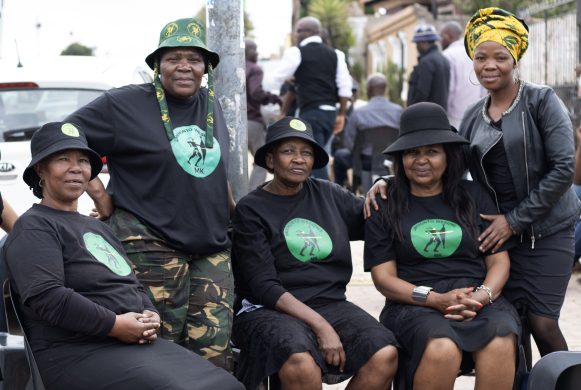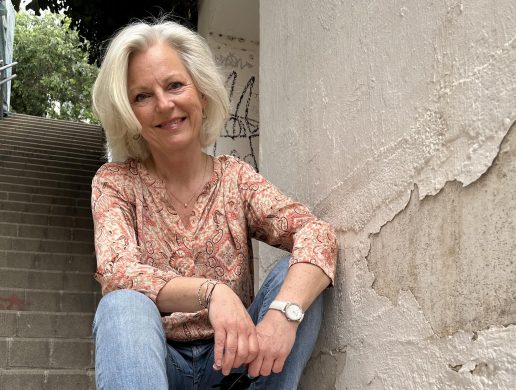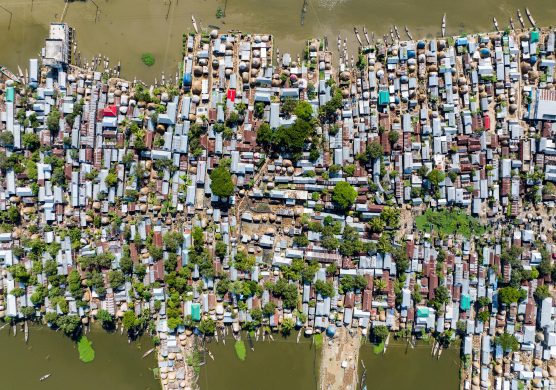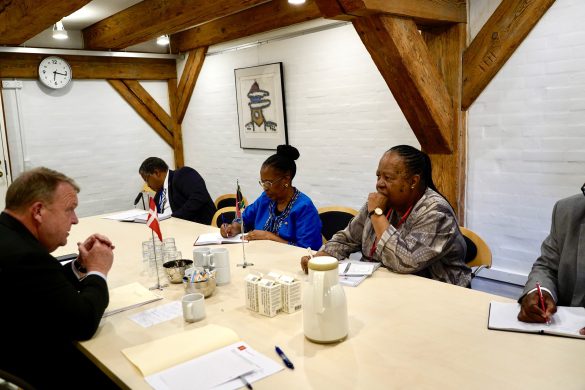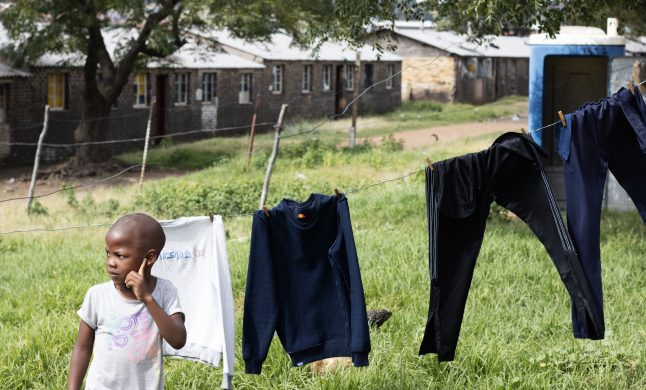Den 13. oktober blev en milepæl for FN´s Råd for menneskerettigheder, for på denne dato var rådet færdig med at vurdere stillingen for menneskerettighederne i alle sine 193 medlemslande.
En sådan evalueringsproces blev ellers anset for næsten umulig, da den blev vedtaget i 2008.
At evalueringen er nødvendig synes oplagt, idet flere menneskerets-organisationer har kritiseret rådets troværdighed, fordi mange af landene i rådet hævdes selv at være krænkere af menneskerettighederne.
Rådet blev stiftet i marts 2006, da det erstattede den 60-årige (bovlamme) kommission for menneskerettigheder. Rådet består af 13 afrikanske lande, 13 asiatiske lande, seks østeuropæiske lande, otte fra Latinamerika og syv fra Vesten.
Rådet evaluerer situationen for menneskerettig-hederne i FN’s 193 medlemslande hvert fjerde år. Rådet har til huse i Genevé i Schweiz.
GENEVA, 21. october 2011: On Thursday 13 October the Human Rights Council reviewed the human rights record of Haiti completing the first of its review cycles of the human rights record of all 193 member States of the UN, a milestone many believed impossible when the process was inaugurated in 2008.
The UN High Commissioner for Human Rights Navi Pillay congratulated the Human Rights Council saying, “The UPR (Universal Periodic Review) has proved to be an innovative, transparent, collaborative instrument for change and has made it possible – for the first time ever – for all UN Member States to be reviewed on an equal basis.”
In 2006 when the UN General Assembly established the Human Rights Council it resolved at the same time that the human rights records of the Member States should be regularly reviewed with the full involvement of governments and supported by expert assistance from the Human Rights Council.
Each State is reviewed every four years by a working group which is made up of representatives from all 47 member states of the Council. The outcome reports are subsequently presented to the Human Rights Council for further discussion, if necessary, and adoption.
“It has been truly universal, with Government officials representing every single one of the member states, and very active participation by local, regional and international NGOs as well. Some 80 per cent of Government delegations were led by ministers who travelled to Geneva for the review, which clearly demonstrates the importance States attached to the UPR process,” Pillay said.
To those who criticize the process as not being tough enough, Chief of the Human Rights Council Branch, Eric Tistounet responds that, “It is important to understand that the UPR is not a ‘naming and shaming’ exercise, nor a mechanism to punish States or impose sanctions. It is a cooperative tool to assist States improve their human rights records.”
Each State is responsible for following up on the recommendations made following the review process. The second cycle of the review will focus on the implementation of these recommendations and the development of the human rights situations in the State under review.
“To many, the second phase of the reviews is being perceived as the moment of truth where States will have to show what they have done to implement recommendations and improve human rights situations in their countries,” Tistounet says.
Throughout the first four year cycle the review process itself was monitored and modified to ensure it functioned smoothly and on time. However, much remains to be done Tistounet says, to ensure that the recommendations made by States are more practical and achievable.
In the second cycle it is hoped the number of recommendations will be more manageable and more precise, enabling proper tracking of their implementation, he says.
Tistounet says progress made so far is very encouraging, “In the follow-up to reviews, numerous States have begun implementing several of the recommendations made during their reviews – a sign that the system works and reason for the UPR to be judged as positive, even by those who were dubious at the start.”
The High Commissioner says there is no doubt the first cycle has gone well but “the real test is still to come. By the end of the second cycle, we should have a better idea of whether the promises made by States have become reality.”
“For the UPR to continue to be successful, it is essential that states approach it in a spirit of cooperation, with genuine commitment. They must avoid politicization and resorting to manipulative tactics aimed at turning it into a meaningless procedural exercise,” Pillay said.
Kilde: hjemmesiden for FNs Højkommissær for Menneskerettigheder i Geneve
Se også
http://www.ohchr.org/EN/NewsEvents/Pages/HumanRightsontherecord.aspx





